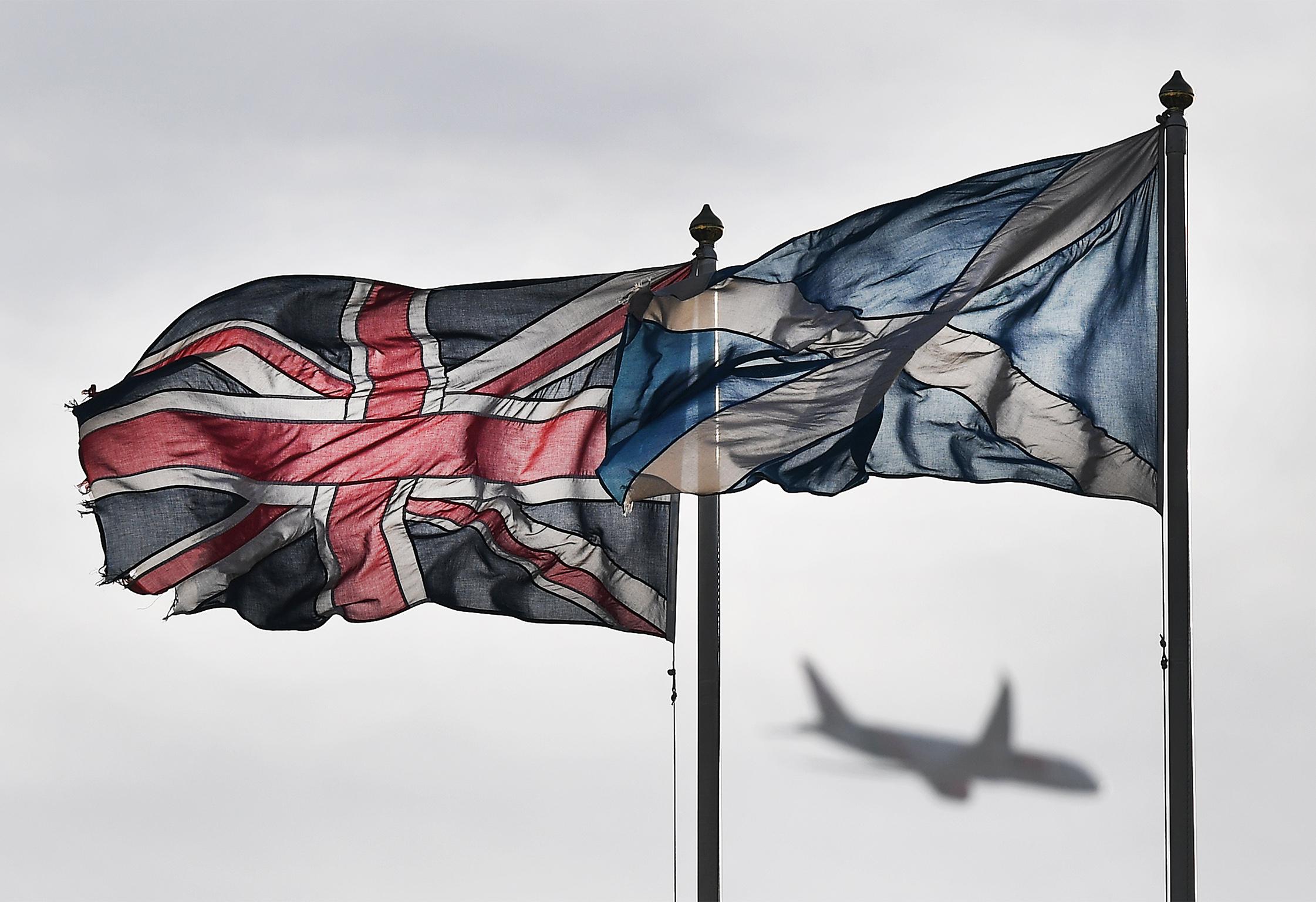Inside the government’s plan to avoid another Scottish independence referendum
At first glance, Alister Jack’s offer looks like a hostage to fortune, but by appearing to be open to allowing such a vote the government hopes to make one less likely, writes Andrew Grice


Alister Jack, the Scotland secretary, has suggested the government would allow a second referendum on independence if opinion polls show that six in 10 Scots favour one.
He told the Politico website: “If you consistently saw 60 per cent of the population wanting a referendum – not wanting independence but wanting a referendum – and that was sustained over a reasonably long period, then I would acknowledge that there was a desire for a referendum.”
Although Mr Jack insisted “that’s not where we are”, his offer at first glance looks like a hostage to fortune; it would be impossible to deny a referendum if the Scottish National Party met the government’s target. His remarks also raised eyebrows since Boris Johnson appears under no immediate pressure to offer a public vote. Nicola Sturgeon’s SNP seems to have lost some momentum since May’s elections when the Scottish parliament returned a pro-independence majority.
In fact, there is method behind Mr Jack’s surprising comments. He was expanding on a statement by Michael Gove, the cabinet minister leading the battle to preserve the union, who said that “if it is the case that there is clearly a settled will in favour of a referendum, then one will occur”.
Mr Gove has steered a haphazard government strategy on Scotland towards love-bombing the Scots. It involves central government funding more projects north of the border, to remind the public they have “two governments”. Mr Gove concluded that “just saying no” to another referendum would play into Ms Sturgeon’s hands by looking unreasonable, and could build support both for another vote and for independence itself. Until his and Mr Jack’s comments, ministers struggled in media interviews to answer the question: when could there be a democratic mandate for a referendum?
Paradoxically, by appearing to be open to allowing such a vote, the government hopes to make one less likely.
Privately, the SNP has long hoped to go into a referendum with the cushion of 60 per cent support for independence. Although 20 consecutive polls showed a narrow majority in favour of a breakaway, recent surveys have shown a small majority against.
Ms Sturgeon hopes a cooperation agreement with the pro-independence Greens, due to be approved by Scottish Green members on Saturday, will strengthen her mandate for a referendum. After fulfilling its May election promise to focus on the coronavirus pandemic for the first 100 days of the new administration, the SNP will revive its independence campaign next month. A planned attempt by the Edinburgh parliament to call a referendum without Westminster’s backing will almost certainly be resolved by the Supreme Court.
Despite the nifty footwork by his ministers, Mr Johnson cannot be complacent. The battle to keep Scotland in the union has a long way to run.
Join our commenting forum
Join thought-provoking conversations, follow other Independent readers and see their replies
Comments
Bookmark popover
Removed from bookmarks